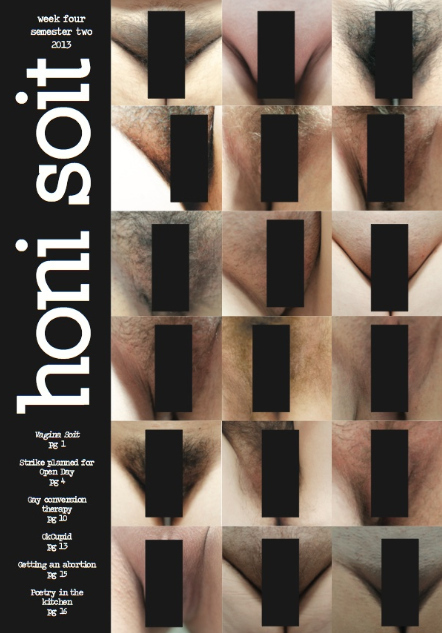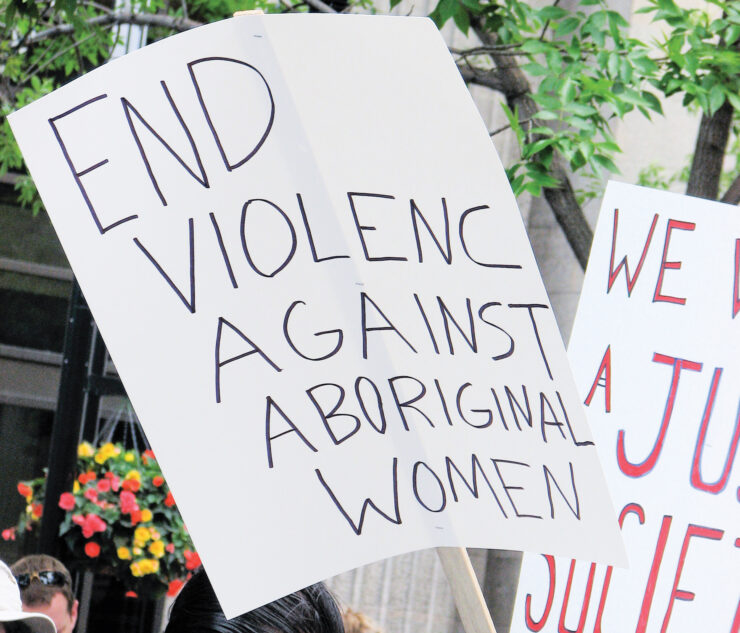Indigenous people should continue to speak up
Jesse Colautti | Fulcrum Staff
I HAVE ONE piece of advice for anyone who believes indigenous people in Canada are not doing anything to help themselves: “Shut up and open your eyes.”
In the past few months, this country has seen a significant part of its indigenous population peacefully come together and make statements about how things need to change. But as much as the Idle No More movement received press coverage, and as much as Attawapiskat First Nation Chief Theresa Spence’s hunger strike got people talking about issues facing Canadian indigenous people, nothing changed. It seems like the majority of Canadians have been comforted by a return of silence.
Last week, Canadians were given a reminder that indigenous people are neither content nor silent, and that their issues are not going away. A group of approximately 400 Cree people walked over 1,600 kilometres to Parliament Hill in hopes of raising awareness about Canadian indigenous issues. Thousands of people came and supported the cause of the walkers after they had arrived. However, it was the absence of one Canadian that was most noticeable: our prime minister. Stephen Harper prioritized greeting a pair of Chinese pandas at the Toronto Zoo over attending to the concerns of disgruntled Canadian citizens.
When did ignorance become tolerable political action?
I paid enough attention in civics class to pick up the idea that democracies are supposed to address the needs of their citizens, and I’m confused as to how our leaders can choose which of us they represent. We have a group of citizens who are upset with how they have been treated, who are concerned about their future, and who feel neglected and marginalized—how can it be that their concerns are given less respect than students complaining about tuition fees?
I cannot express how disheartening it was a few weeks ago to see at my own university the backlash after the Peer Help Centre and Centre for Students with Disabilities listed the location of their “Let’s Talk About Mental Health” conference on Facebook as being on “unceded and unsurrendered Algonquin territory.” Criticism was levelled at organizers that such a political statement was inappropriate at a university event.
Let me be the one to ask, “What appropriate means do we have to express our concern with this issue?” At election time, candidates from all parties avoid the topic of indigenous people in Canada as part of their platforms because it is seen as too controversial. When a group of protesters shows up at Parliament Hill in support of indigenous groups, they are ignored. It seems the only avenue left is to become inappropriate.
Kudos are reserved for anyone willing to make a statement that we can no longer proceed like business as usual. I would hope that our critically thinking university community would applaud a group’s efforts to get us to question the way we compartmentalize an issue. Also, I think it’s downright offensive for people to suggest indigenous issues in Canada have no place in the discussion of other issues, such as mental illness.
Moreover, the statement this group made of Ottawa being “unceded and unsurrendered Algonquin territory” seems completely accurate to me. Algonquin people in what is now the city of Ottawa were displaced from their homes and brought onto reservations, and there was no agreement or treaty. There was no battle between the Canadian government and the Algonquin. No one won this land and no one surrendered. This land was bullied away from the Algonquin people, and just because it is unusual and startling for a group to openly acknowledge this does not make their interpretation of history wrong.
The onus is on all of us to demand action from our government. Every time we question attempts to get us thinking about indigenous issues, we are not only making things worse, we are making it easier for our leaders to ignore their own citizens.



